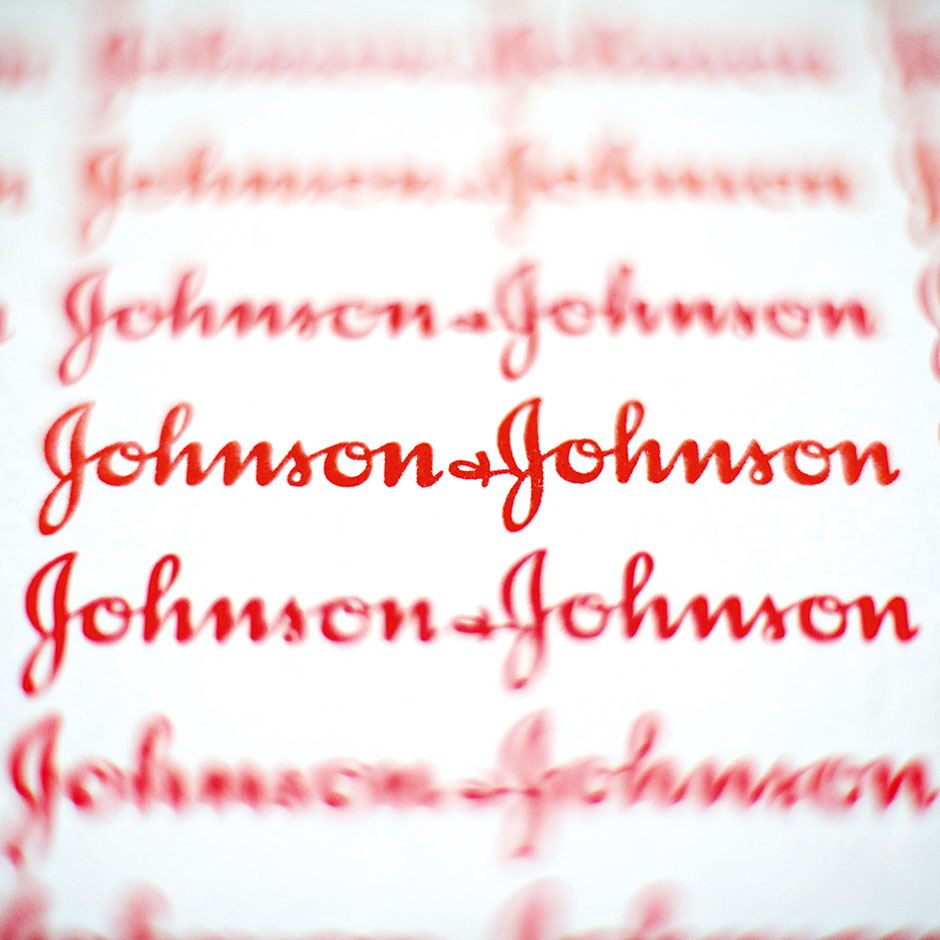
An experimental HIV vaccine is set to be tested in Europe, South America, and North America sometime this year. Pharmaceutical giant Johnson & Johnson’s (NYSE: JNJ) Janssen unit will be collaborating with the U.S. National Institute of Allergy and Infectious Diseases, the U.S. Army Medical Material Development Activity, and the HIV Vaccine Trials Network on the effort. Results from the test are expected to be announced in 2023.
The new vaccine is a mosaic-based preventative immunization made up of four components designed to raise the body’s immunity. In animal trials, it worked on two-thirds of animals tested. The new tests will recruit 3,800 men who have sex with men as participants. They will receive six shots of the vaccine over four sessions.
Another version of the mosaic vaccine is in a phase 2 clinical trial in Africa. In that study, which began in 2017, 2,600 women across five southern African countries will be immunized. Initial results from that trial are expected by 2021. Given the differences between the two populations in the studies and their typical routes of infection, the vaccine’s dynamics in them may vary dramatically.
HIV is a virus that attacks the body’s immune system. About 1.1 million people in the U.S. and 2 million people in Europe live with HIV. If HIV is not treated, it can turn into AIDS. People with AIDS live about three years after their diagnosis, on average. According to the U.S. Centers for Disease Control and Prevention, nearly 1 million people worldwide die from AIDS-related illnesses annually.
While HIV prevention and treatment have come a long way since the AIDS epidemic struck in the 1980s, a vaccine for the virus has been elusive. HIV presents a number of obstacles to vaccination, including coming in different strains and having the ability to hide in cells undetected by the immune system. Johnson & Johnson has spent hundreds of millions of dollars working with the National Institutes of Health, the Gates Foundation, and other groups to try to develop an effective vaccine.
